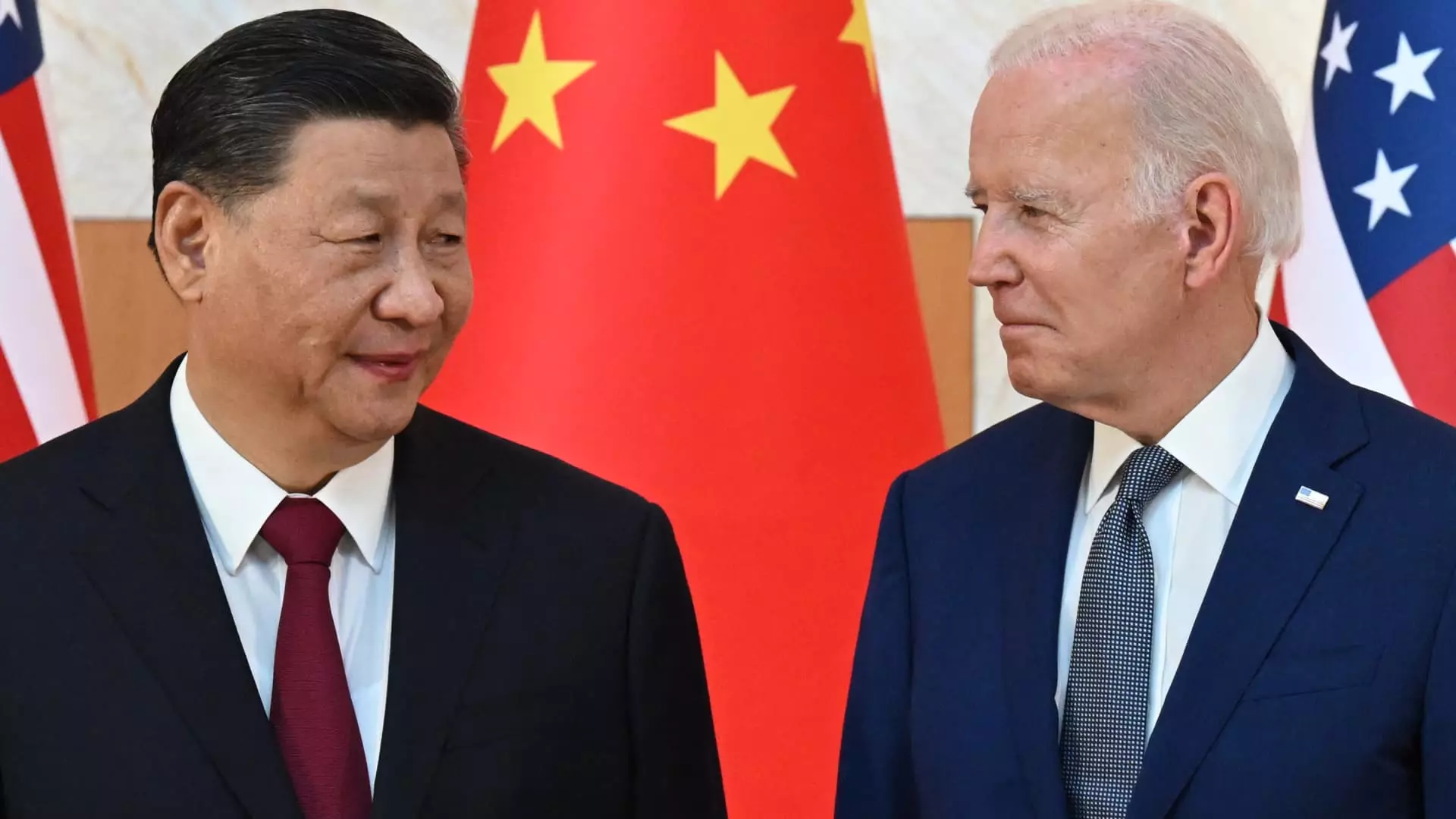President Joe Biden is taking a firm stance on trade with China as he calls for an increase in the tariff rate on steel and aluminum imports. This move comes as the President visits the United Steelworkers headquarters in Pittsburgh to address concerns about China’s trade practices and their impact on the American steel and aluminum industry.
President Biden’s demand to triple the current 7.5% tariff rate on steel and aluminum imports is a clear message to China that his administration is serious about holding them accountable for their trade practices. Treasury Secretary Janet Yellen recently raised concerns about Chinese subsidies leading to an oversupply of clean energy products, potentially harming global trade by flooding the market with artificially cheap products.
Yellen’s worries about overcapacity in clean energy products such as solar panels and electric vehicles highlight the risks of Chinese subsidies distorting market competition. The Biden administration is keen on addressing these concerns and protecting American industries from the threat of unfair trade practices.
President Biden’s push to increase tariffs on Chinese imports comes at a delicate time, balancing election-year politics, economic stability, and diplomatic relations. While there are concerns about potential economic ripple effects and consumer price increases, the administration remains focused on protecting American jobs and industries.
Despite worries about inflation, a senior administration official has emphasized that the tariff hikes are necessary to safeguard American jobs and the steel industry. The administration rejects the idea that these actions will significantly impact inflation, instead highlighting the importance of protecting domestic industries.
President Biden’s firm stance on China is not only about addressing trade imbalances but also about appealing to blue-collar workers and competing against former President Donald Trump. The administration’s opposition to the proposed sale of U.S. Steel to a foreign company underscores their commitment to maintaining domestically owned and operated businesses.
Overall, President Joe Biden’s decision to push for increased tariffs on Chinese steel and aluminum imports reflects his administration’s commitment to fair trade practices and protecting American industries. Despite the potential economic implications, the administration is determined to address concerns about overcapacity, subsidies, and market distortion in order to ensure a level playing field for American businesses. As the geopolitical landscape evolves, Biden’s approach to China and trade issues will continue to shape his presidency and his political strategy moving forward.


Leave a Reply